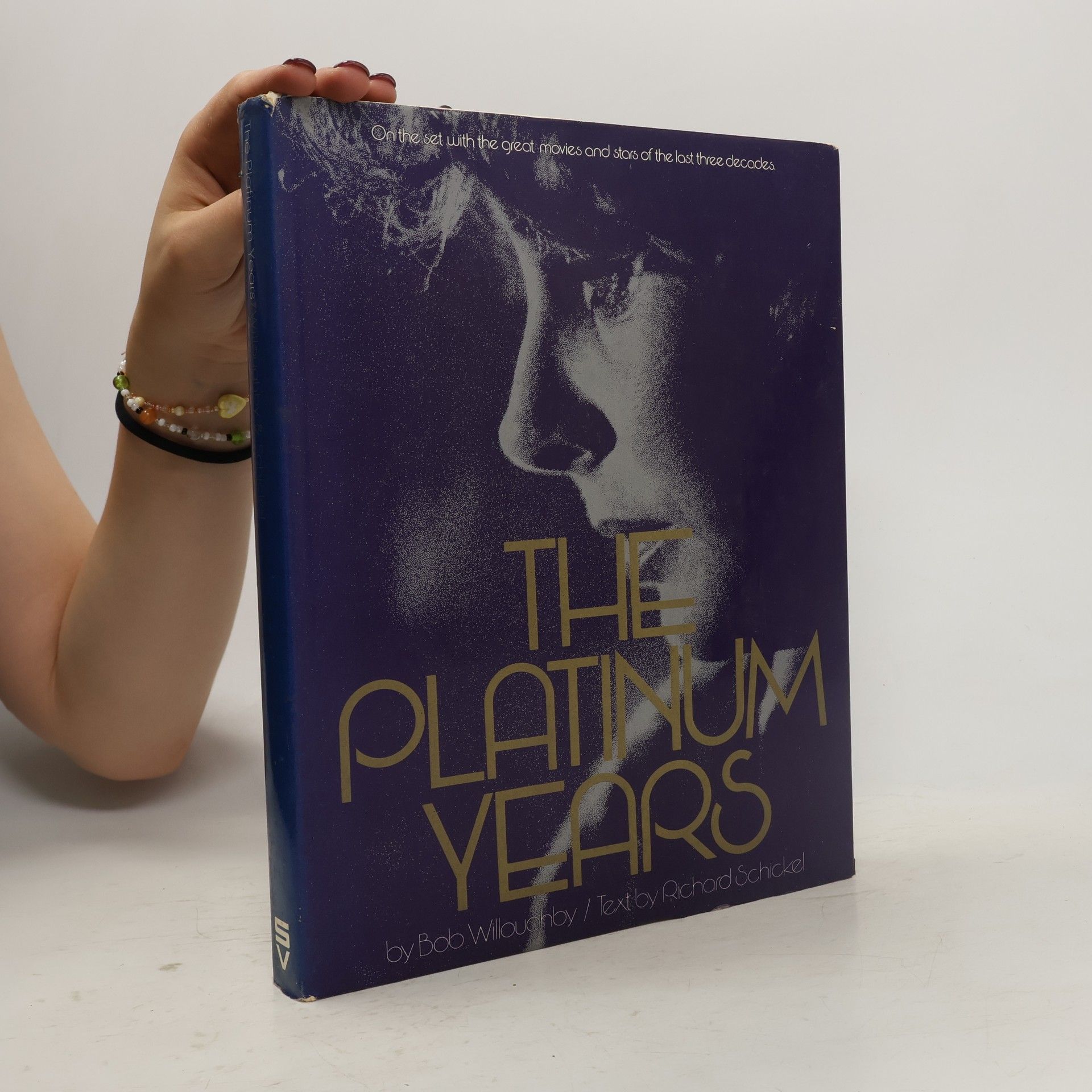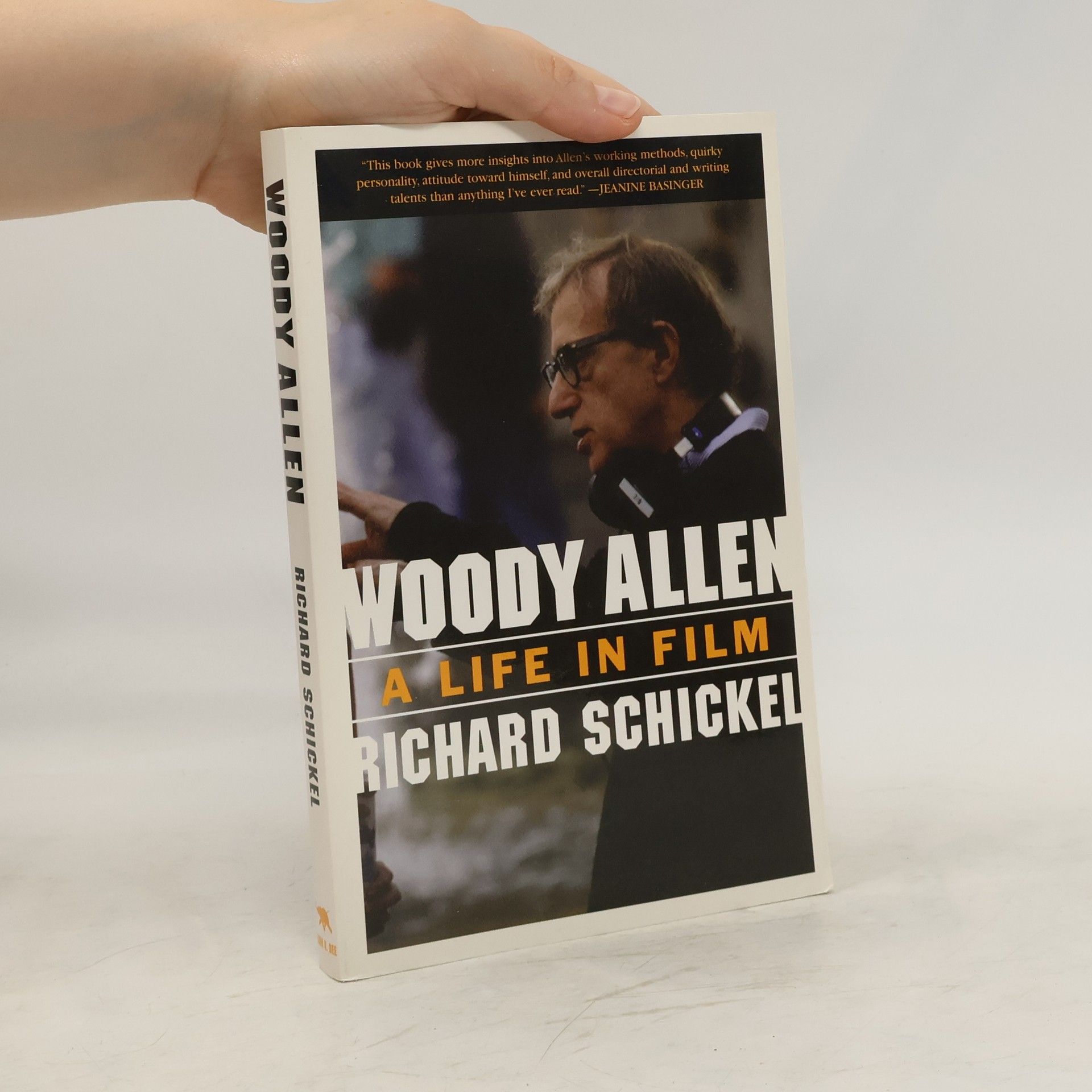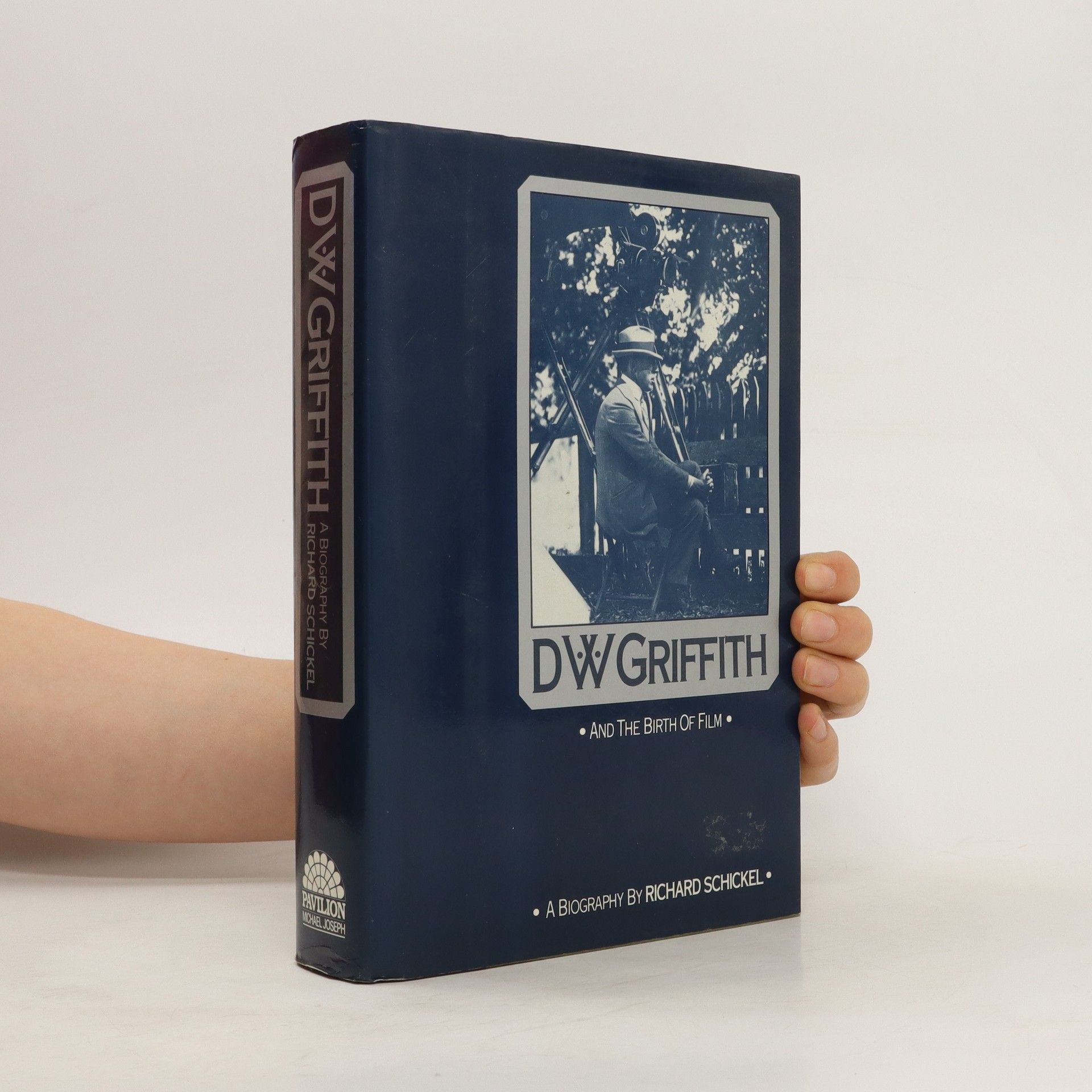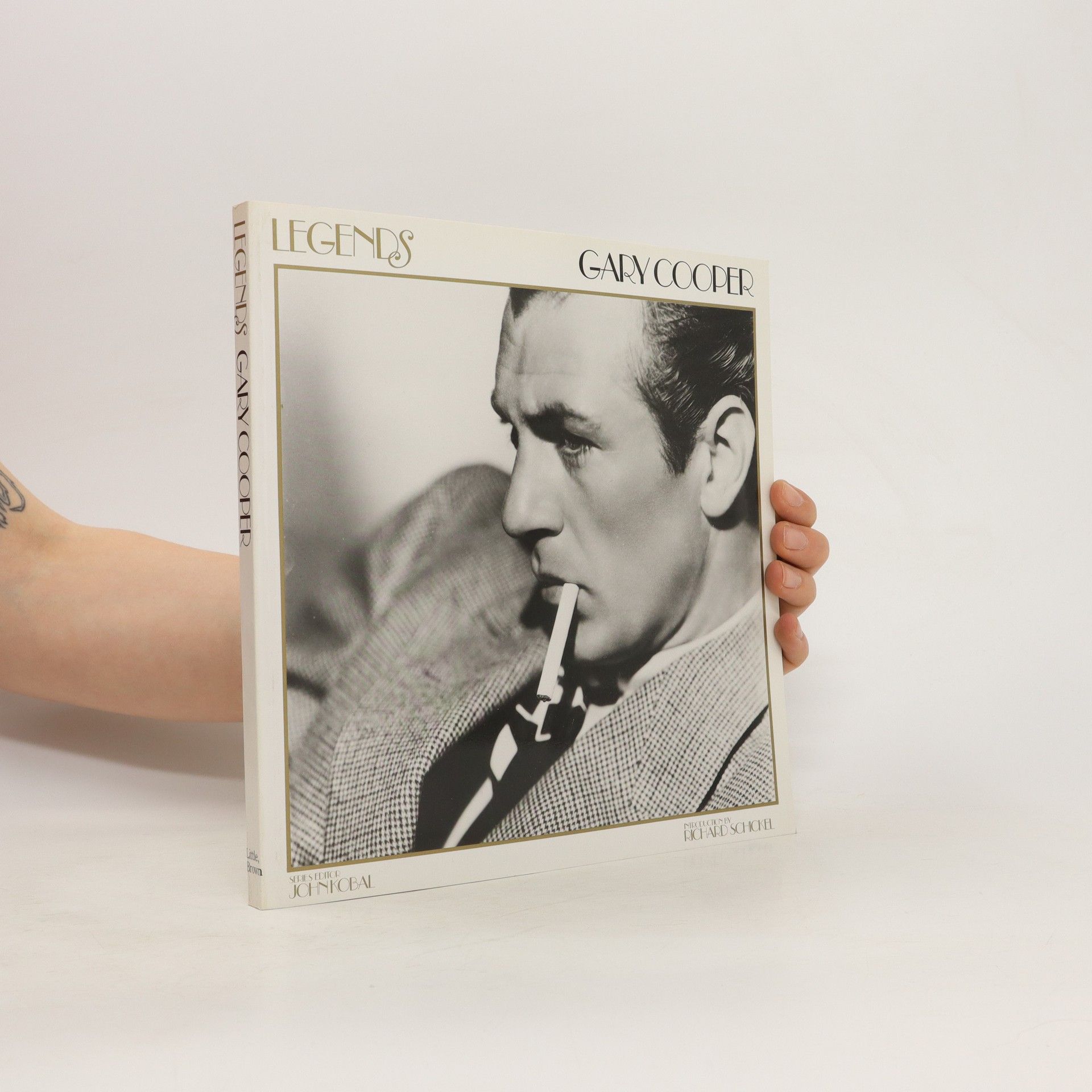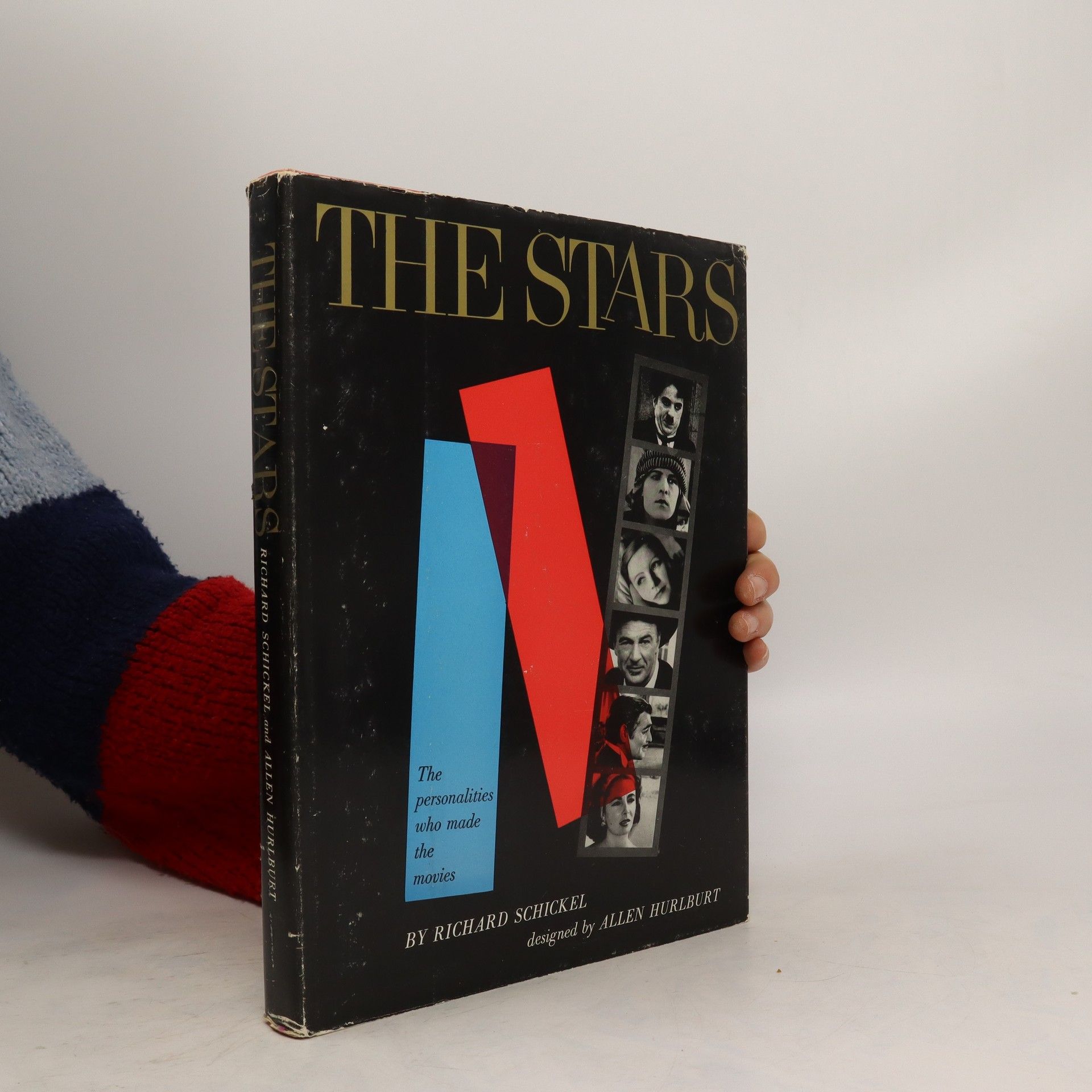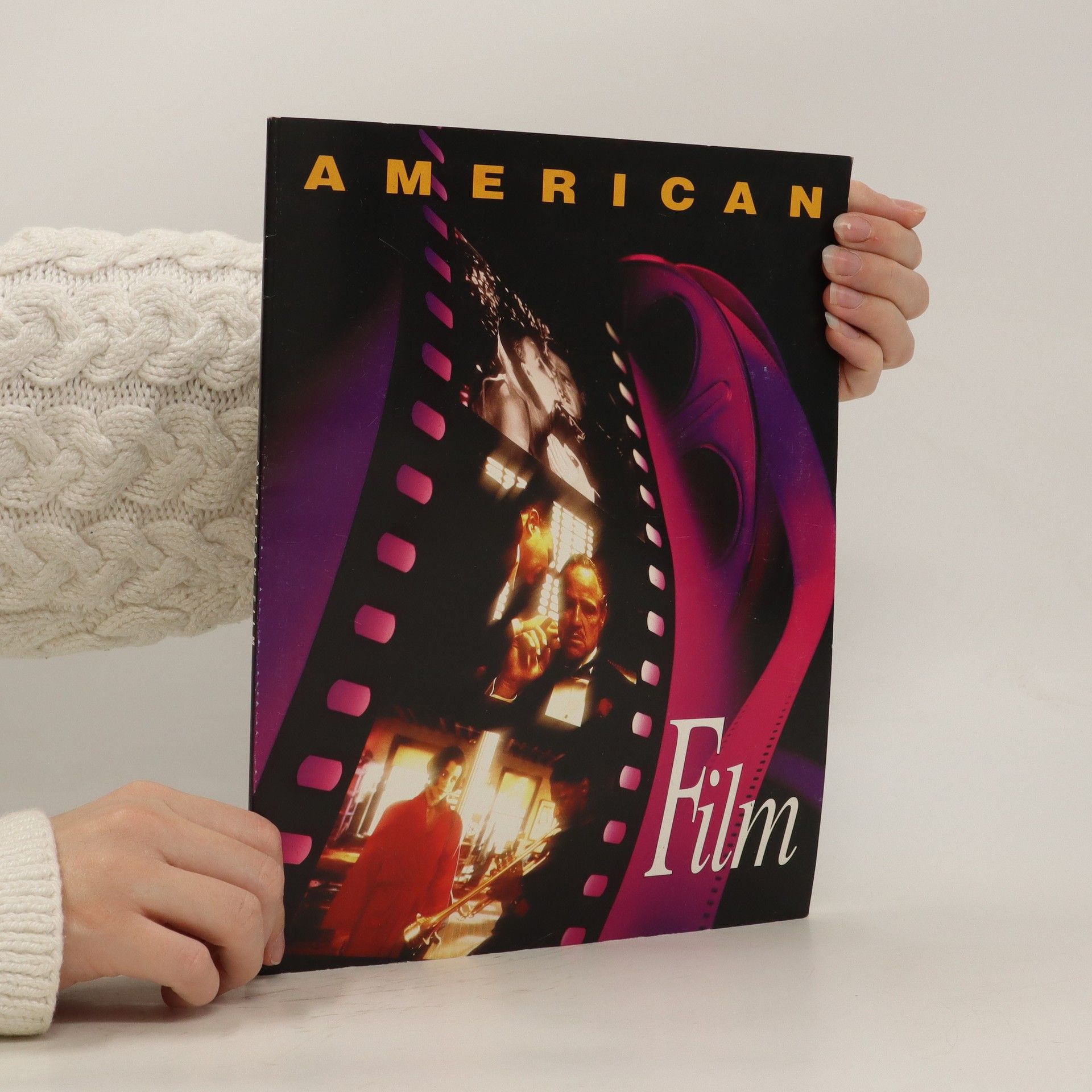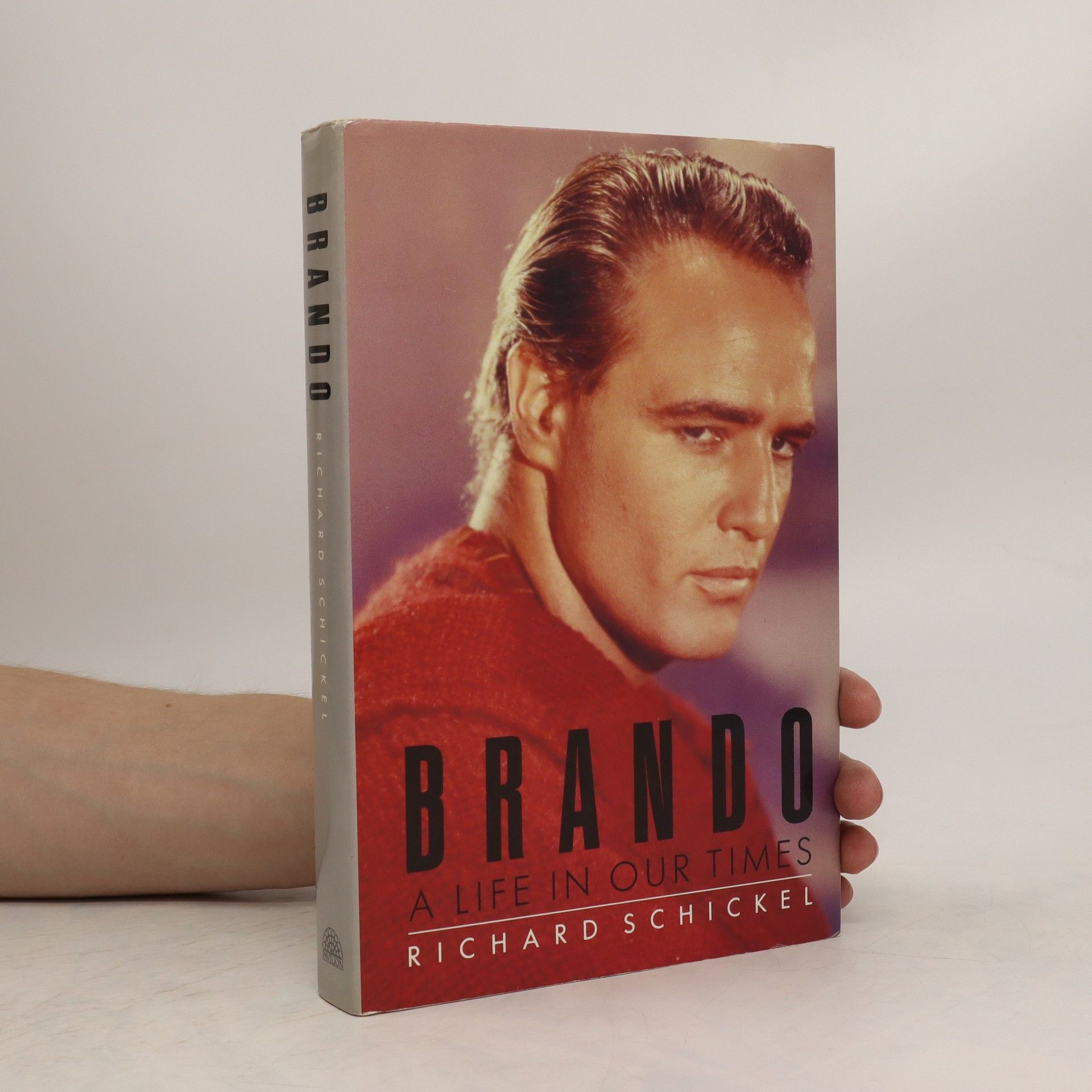Spielberg:A Retrospective
- 288 pages
- 11 hours of reading
Celebrates some forty years of Steven Spielbergs boundless energy and his unwavering commitment to excellence in all areas of his work. Featuring many first-person observations drawn from the author's interviews with Spielberg, this book presents an insiders perspective on Spielbergs legendary achievements.

